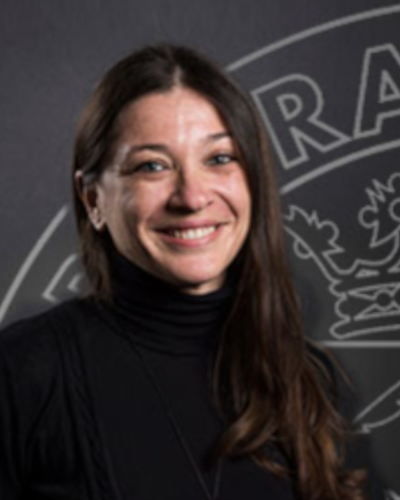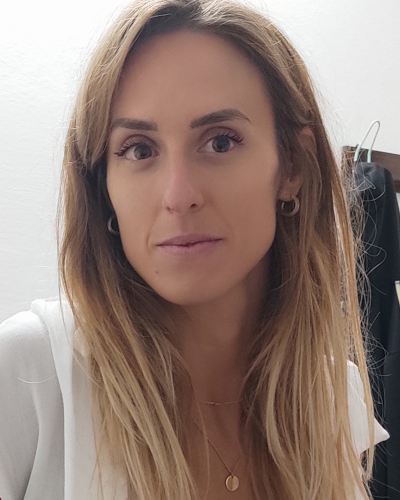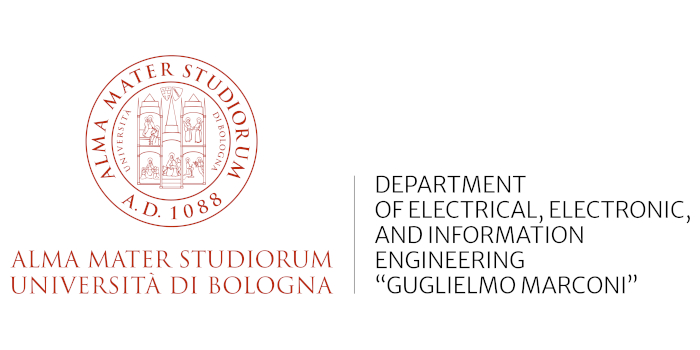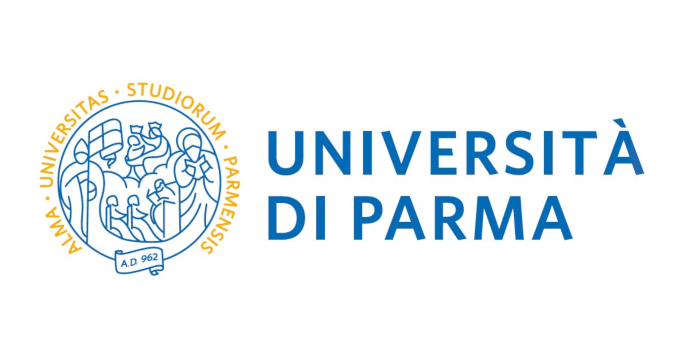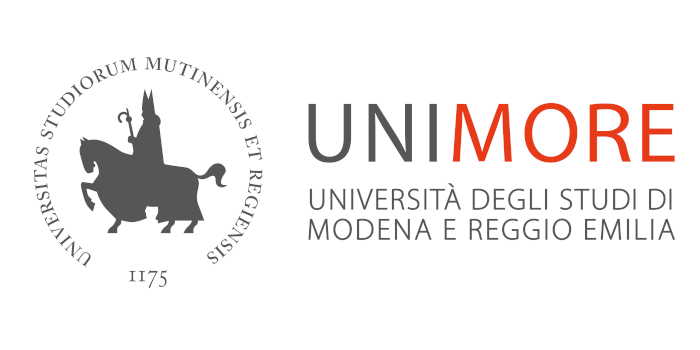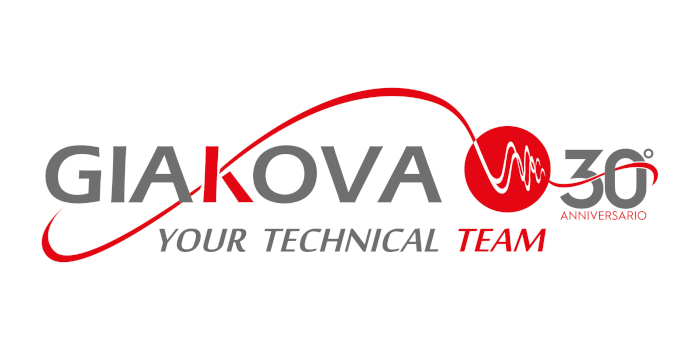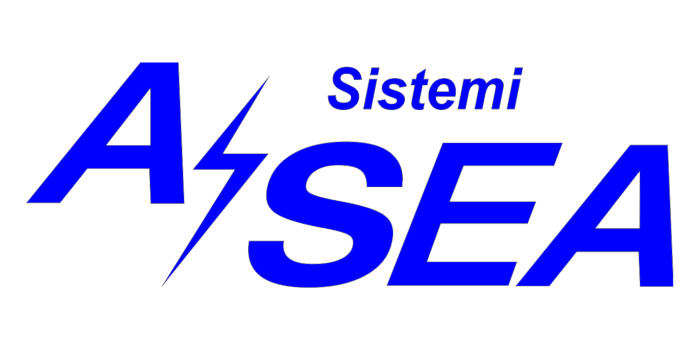Exploiting the gender diversity impact in the Automotive sector
with a Special Focus on Metrology for Automotive

The event aims to bring into light the impact of gender diversity in the Automotive sector and encourage discussion around how gender-based differences should be taken into account and can be transformed into a value.
During the session, the WIE Commitment Chart "Steering girls to STEM" will be presented. A particular focus will be given to point 8 of the commitment chart: "demonstration of the advantages derived from female presence in working realities", and how it relates to the Automotive Sector. To this aim, the speakers from Industry will bring their views on gender diversity impact in the Automotive sector.
Topics include, but are not limited to:
- The gender impact on automotive measurements and testing (e.g. on level of comfort and vigilance of the driver and passengers)
- The gender impact on automotive design
- Gender-inspired approaches to measurements design in automotive
- Gender-based different approaches to the interaction with physical and virtual systems;
- Practical guidelines in gender-aware sensors and system design for automotive (e.g. automatic gender recognition) or testing methodologies;
- Gender aware design and implementation of laboratory tests
ORGANIZED BY
Roberta Di Pace
University of Salerno, Italy
Roberta Ramilli
University of Bologna, Italy
Roberta Di Pace is associate professor in Transportation Engineering at the Dep. of Civil Eng. of the UNISA. She is member of several boards at the Dep. of Civil Eng. of the UNISA and since 2019 she is also member of the board of on Risk and Sustainability in Civil, Architectural and Environmental Engineering Systems.
She is supervisor and co-supervisor of several BSc and MSc students and also PhD Students. Since 2010 she is a member of the “Sustainable Transport and Mobility” laboratory at the Department of Civil Engineering of the University of Salerno. She has been involved in several research projects at international (COST) and national level (PRIN, POR, Centro nazionale per la mobilità sostenibile – CCAM and smart infrastructures).
She has more than 15 years of experience in research and management with special focus on: intelligent transportation systems; traveller information systems; discrete choice models and paradigms for travel behavior analysis and modelling; paradigms for traveller learning process modelling; traffic management and control; within - day traffic flow modelling; models and algorithms for travel demand assignment to congested transportation networks, smart/sustainable mobility; transportation impacts. She is a board member of IEEE ITSC Italian Chapter and the association of the Italian Society of professors in transportation fields (SIDT). She is a member of the communication team and webmaster of the WIE Affinity Group - Italy Section.
Roberta Ramilli received the M.S. degree in biomedical engineering from the University of Bologna, Bologna, Italy, in 2017. From 2017 to 2021, she joined the Advanced Research Centre for Electronic Systems (ARCES), University of Bologna, where she worked as a Research Assistant. She is currently pursuing the Ph.D. degree in biomedical, electrical and systems engineering. Her research focuses on techniques and technologies for impedance measurements, with particular interest on battery instrumentation and measurement.
SPEAKERS
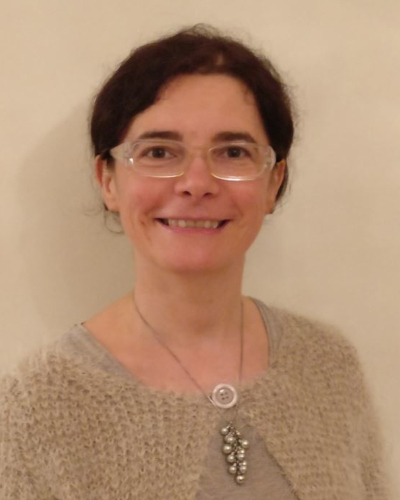
Susanna Spinsante (Senior Member, IEEE) received the Ph.D. degree in electronics and telecommunications engineering from the Università Politecnica delle Marche, Ancona, Italy, in 2005.
She is currently an Associate Professor of Electrical and Electronic Measurements with the Information Engineering Department (DII), Università Politecnica delle Marche. She has coauthored more than 200 papers published in international peer-reviewed journals and conference proceedings.
Her research interests are focused on the use of wearable sensors for the extraction of measurement signals applied to human monitoring, skin conductance acquisition and processing, and smart sensing systems for industrial applications.
Dr. Spinsante is a member of the IEEE Instrumentation and Measurement Society, IEEE Signal Processing Society, GMEE, and CNIT.
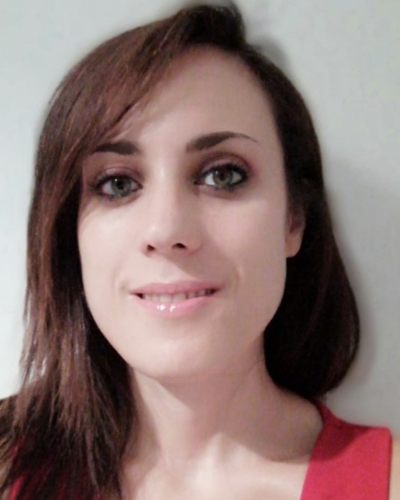
Melania Susi received her B.E. in Mathematical Engineering from the Università TorVergata di Roma, Italy, and M.Sc.s in Communication Engineering and in Geomatic Engineering, respectively, from the Università di L'Aquila, Italy, and from the University of Calgary, Canada. She holds a Ph.D. from the University of Nottingham where she was a Marie Curie fellow. After being a scientific officer at the Joint Research Centre of the European Commission, she is now a GNSS senior researcher at Topcon Positioning Systems.


